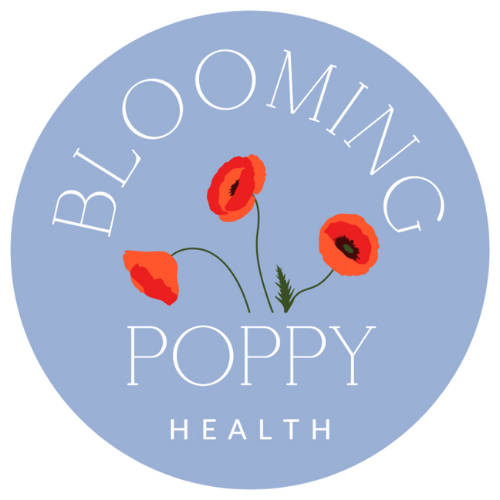How Do I know If I'm Ovulating? And How Does it Affect My Fertility?
Hint: just because you have a period does not mean that you are ovulating…
Ovulation is the main event of a menstrual cycle, but not all women are ovulating every month. The uterus can still build up an endometrial layer even if there is no egg released, which means you will have a monthly bleed, but no chance of conception.
So, how do you know if you are ovulating?
There are many subtle ways to track for ovulation like cervical mucus, cervix height and feel, and temperature tracking. But, because these signs and symptoms are not 100% foolproof confirmations of ovulation, I'm going to talk about a more reliable method.
For starters, you want to test your LH every morning with an LH strip, starting a few days after your period. If you have a 28 day cycle, you can start testing around day 7. If you have a shorter cycle, start testing a few days earlier, and if you have a longer cycle you can test a few days later. If you have irregular cycles, start testing around day 5 until you get to know your cycle and hormones a little better. LH will peak approximately 24-36 hours before ovulation. This, however does NOT confirm ovulation by itself. LH levels can still peak without ovulation or can peak multiple times in a cycle (PCOS is one instance where this could happen). This is just going to be half of the puzzle in terms of confirming ovulation.
The other half is having your progesterone tested via blood, 7 days after ovulation and 7 days before your period. The second half of your cycle, which is called the luteal phase, should be around 14 days, give or take a day on either side. This is the part of your cycle that does not vary. When someone has a shorter or longer cycle, it is because their follicular phase (from period day 1 to ovulation) was shorter or longer than 14 days. The timing for the progesterone test does matter here. So, once you have an LH peak in the morning as shown on the LH test strip, assume that you are ovulating the next day. Then count 7 days past that day and schedule a lab test for progesterone. To confirm ovulation, your progesterone level should be above 4 ng/mL (13 nmol/L).
To reiterate, to confirm that you are ovulating you need 2 things:
-A positive LH test strip showing that your LH levels peaked
-A progesterone test, showing a level above 4 ng/mL (13 nmol/L) 7 days after ovulation and 7 days before your period
How does this affect my fertility?
To put it simple: if you are not ovulating, there is no egg for a sperm to fertilize.
And to take this one step further, in terms of fertility, you want your progesterone optimally to be at least 8 ng/mL (25 nmol/L). This will ensure the uterus has enough progesterone to sustain implantation and a healthy pregnancy. It is okay if your test results are on the lower side of normal, as progesterone fluctuates every 90 minutes, and you could have caught it on the lab work while it was on the lower side. So, as long as it is above those values you are good. If you are too low, make sure that you indeed tested 7 days before your period. If your period comes much later or earlier, you may need to adjust the days. A shorter luteal phase is also a sign of low progesterone and something that needs to be addressed if trying to conceive.
A cycle without ovulation is called an anovulatory cycle. There are many different causes for this which would need to be addressed via more lab work and a full health history. You unfortunately won’t find the answers for that in a blog post, as there are many different causes, and there may or may not be symptoms associated with it. So, if you are not ovulating (and especially if you are trying to conceive currently or anytime in the future), you will want to do some investigating with a health practitioner. This could be getting extensive blood work or a DUTCH test. Or it could be visiting an Acupuncturist, functional medicine doctor, or naturopathic doctor. There are many different ways to get to the root of the problem, and it is nothing to be stressed about. You can correct anovulation and start ovulating normally again, you just need to get some answers and figure out how to best support your body to bring it back into balance.
And, if all the options I gave are out of your price range, diet and lifestyle really is the most important aspect of our health. And changing our diets, cutting out processed and inflammatory food products, and optimizing our nutrition profile, can do wonders on the body and our reproductive system. Always start with diet and lifestyle when trying to heal anything in the body. Eat a healthy diet, drink enough water, exercise regularly, spend time in the sun without sunscreen, incorporate mindfulness and rest, and cut out stimulants (coffee, sugar, social media, alcohol, fragrances, stressful tv/movies/podcasts, etc.). This should always be the base of any treatment plan to heal the body from imbalance.

